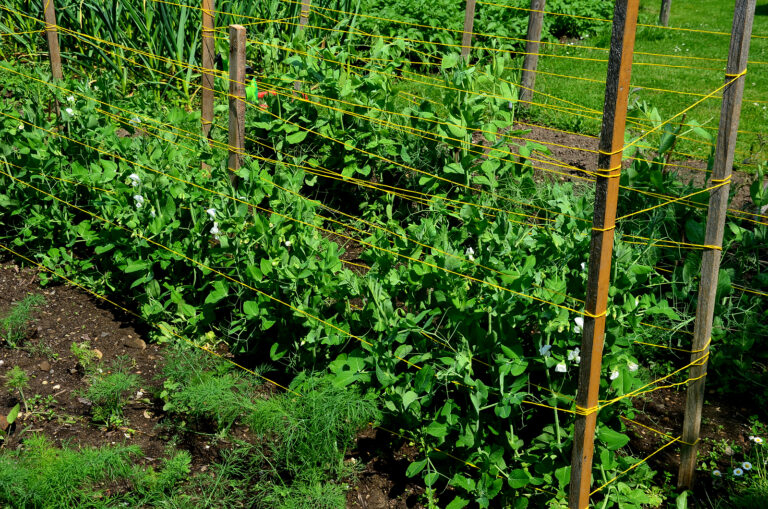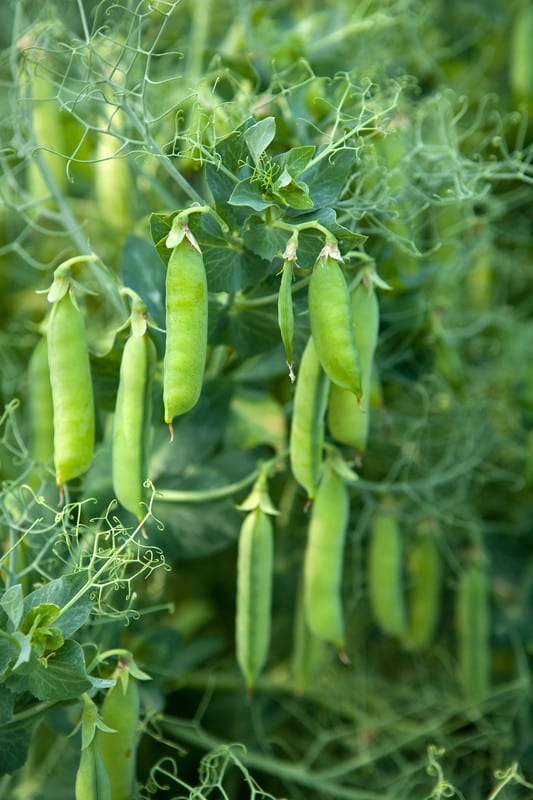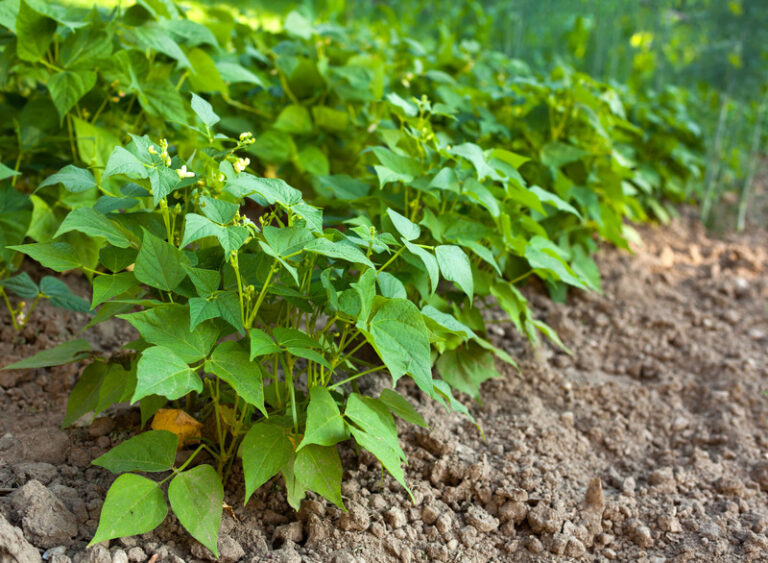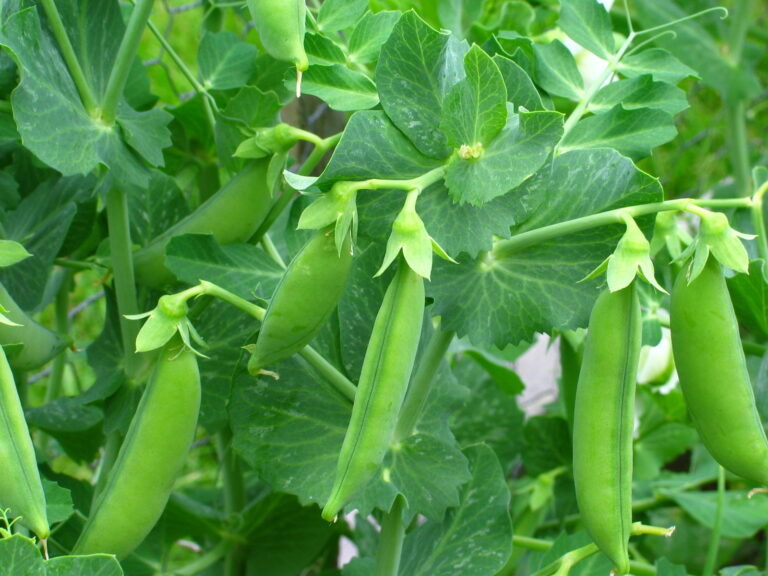How to Water Fava Beans for Best Growth
Fava beans (broad beans) are cool-season legumes that thrive when soil moisture is consistent but not waterlogged. Proper watering encourages strong root systems, sturdy stems, and abundant pods. Overwatering or drought stress can reduce yields, cause root rot, or make plants more susceptible to disease.
In my Sonoma Valley garden, I’ve grown fava beans for decades and learned that timing, amount, and method of watering are just as important as planting and soil preparation. Here’s a guide to watering fava beans for the healthiest growth.
Watering Principles for Fava Beans
- Keep Soil Evenly Moist
Fava beans prefer soil that is consistently damp but not soggy. Water deeply to encourage roots to grow down, rather than shallow watering that encourages weak surface roots. - Water Early in the Day
Morning watering allows leaves to dry before evening, reducing the risk of fungal diseases like powdery mildew. Avoid overhead watering late in the day. - Adjust Watering to Growth Stage
- Seedlings: Water lightly but frequently to keep soil moist until plants are established.
- Vegetative growth: Water deeply once or twice a week, depending on rainfall and soil type.
- Flowering and pod set: Increase watering slightly—steady moisture ensures full pod development.
- Use Mulch to Retain Moisture
Applying straw or leaf mulch around plants reduces evaporation, keeps roots cool, and decreases watering frequency. - Avoid Waterlogging
Fava beans do not tolerate soggy soil. Ensure good drainage, especially in heavy clay soils or containers, to prevent root rot.
Watering Methods
- Soaker hoses or drip irrigation are ideal for fava beans. They deliver water directly to the soil and keep foliage dry.
- Hand watering works for small plantings; water at the base of the plant, not on the leaves.
- Containers require closer attention—water when the top inch of soil starts to dry, especially during warm spells.
My Experience
In my Zone 9B garden, I plant fava beans in raised beds in November and water deeply every 7–10 days through the winter. During bloom in February and March, I increase watering slightly, ensuring soil remains moist but not soggy. I also mulch heavily with straw to conserve water. By April, the plants are tall and lush, and pod set is full. Proper watering has consistently produced strong, healthy fava beans year after year.
Key Takeaway:
Water fava beans deeply and consistently, adjust based on growth stage, and avoid soggy soil. Use mulch and drip irrigation for the best results—strong roots and abundant pods depend on steady moisture.
🌱 Fava Bean Watering Schedule by Growth Stage
| Growth Stage | Soil Moisture Needs | Watering Frequency | Tips & Notes |
|---|---|---|---|
| Seedling (Germination to 4 inches tall) | Keep soil consistently moist | Light watering every 2–3 days (depending on rainfall) | Avoid waterlogging; water gently to prevent washing seeds away. |
| Vegetative Growth (4 inches to full plant height) | Moist, deep soil | Deep watering 1–2 times per week | Encourage deep roots; adjust for rainfall and soil type. |
| Flowering | Steady moisture critical | Deep watering 2–3 times per week if dry | Supports flower formation and future pod set; mulch helps retain moisture. |
| Pod Set & Development | Soil evenly moist | Continue deep watering once or twice per week | Avoid letting soil dry; stress can reduce pod size and yield. |
| Mature Pods (Ready to harvest) | Slightly reduced moisture | Water only if soil is dry | Prevents waterlogging that can rot mature pods; harvesting can begin. |
🌿 Additional Tips
- Use drip irrigation or soaker hoses to water at the base of plants, keeping leaves dry.
- Mulch around fava beans to conserve soil moisture and regulate temperature.
- Containers dry out faster than garden beds—check soil frequently and water when the top inch feels dry.
Fava Bean Learning Hub
Start here: The Ultimate Fava Bean Growing Guide: From Seed to Harvest
Planting & Growing Basics
- Fava Bean Planting Time by Region
- How Deep and How Far Apart to Plant Fava Beans
- Fava Companion Planting Guide
- Growing Fava Beans in Containers
Soil, Water, and Feeding
- Best Soil for Fava Beans and How to Prepare It
- How to Water Fava Beans for Best Growth
- Feeding Fava Beans Naturally: Compost and Nitrogen Fixing
Care & Maintenance
- How to Care for Fava Beans During the Season
- Managing Weeds Around Fava Beans
- Supporting Fava Beans: Do They Need Staking?
Pest & Disease Management
Harvest, Storage & Preservation
- How to Tell When Fava Beans Are Ready to Harvest
- How to Dry Fava Beans for Long-Term Storage
- How to Store and Preserve Fresh Fava Beans
Varieties & Seed Saving
Cooking & Using Fava Beans
Companion & Related Crops




